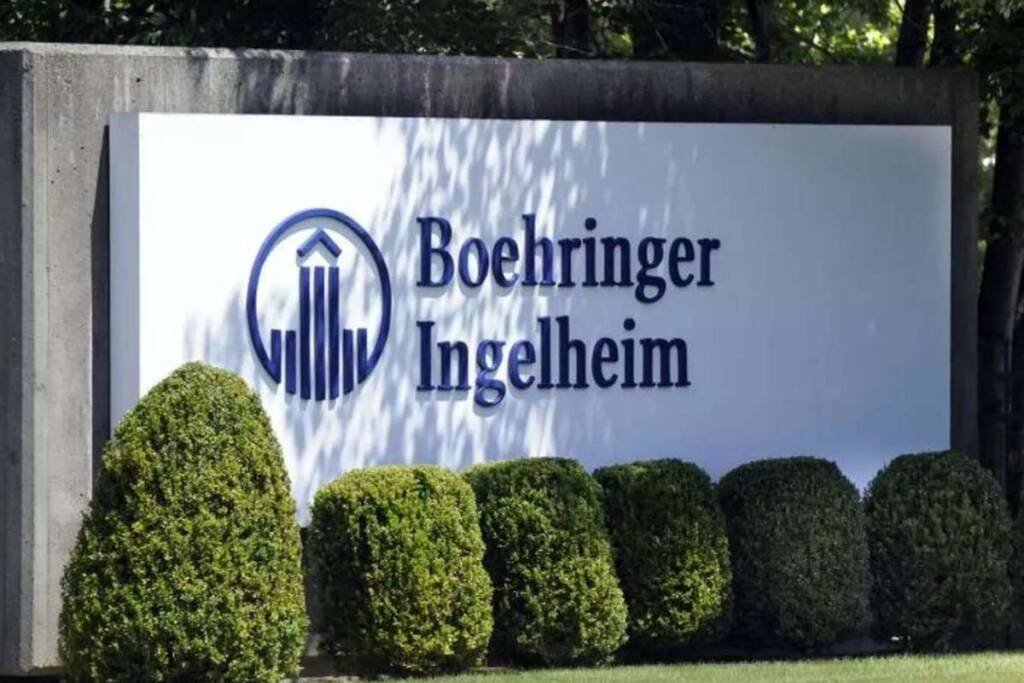Source – Boehringer Ingelheim
Boehringer Ingelheim is gearing up for the launch of Jardiance, a diabetes and heart failure drug, in chronic kidney disease (CKD), and it has had a strong start to 2023 with impressive pharmaceutical sales growth.
During the first half of 2023, the German drugmaker reported a significant 9.7% increase in overall sales, primarily driven by the growth of Jardiance, a SGLT2 inhibitor in partnership with Eli Lilly. Boehringer Ingelheim’s human pharmaceutical products contributed 9.6 billion euros ($10.5 billion) to the total sales, marking an 11.3% growth, while the remaining revenue of 12.2 billion euros ($13.2 billion) came from animal health products.
The Jardiance franchise alone generated 3.5 billion euros ($3.83 billion) for Boehringer in the first half of the year. With Jardiance making progress in CKD, the company anticipates further growth, awaiting a US decision following the European Commission’s recent approval. Notably, in a late-stage trial, Jardiance demonstrated a reduction in all-cause hospitalizations for CKD patients and lowered disease progression or death by 28% compared to placebo, making it the first SGLT2 inhibitor to show such positive results in CKD.
Boehringer Ingelheim already includes Type 2 diabetes and heart failure in Jardiance’s portfolio, and the company is set to report Phase III trial data for the drug’s use in myocardial infarction later this year. Additionally, the company celebrated signing 15 new R&D partnerships, targeting various fields such as cancer, immunology, fibrotic lung diseases, and retinal diseases.
Related: Boehringer Ingelheim’s Zantac Arbitration Is Won By Sanofi
Meanwhile, Boehringer’s PDE4B inhibitor has advanced into Phase III trials for idiopathic pulmonary fibrosis and progressive pulmonary fibrosis.
Boehringer’s chairman of the board, Hubertus von Baumbach, emphasized the company’s persistent and substantial investments in its pipeline over the years, resulting in a wide range of treatment options for patients and transformative impacts on lives for generations to come.
In other developments, Boehringer recently launched its Humira biosimilar in the US as the first interchangeable option. To maintain a competitive edge, the company is currently pricing the medication 5% to 7% below Humira’s list price, but plans to implement a two-price strategy in 2024.





























